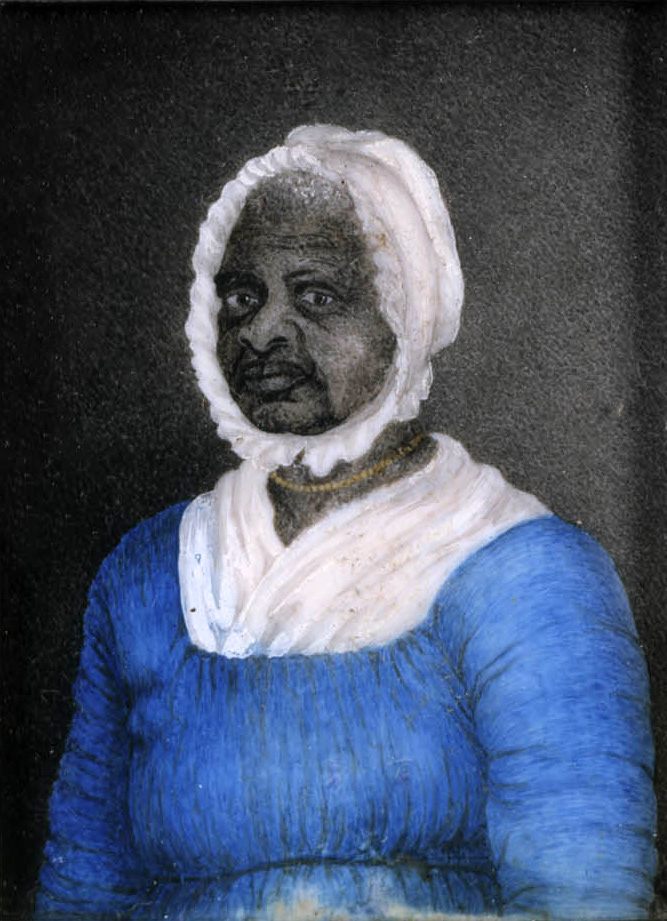Authors:
Historic Era: Era 3: Revolution and the New Nation (1754-1820s)
Historic Theme:
Subject:
March 1990 | Volume 41, Issue 2


Authors:
Historic Era: Era 3: Revolution and the New Nation (1754-1820s)
Historic Theme:
Subject:
March 1990 | Volume 41, Issue 2

Early during the year 1781, having heard a lot of talk about the “rights of man,” a black slave woman named Mum Bett walked out of her master’s house in western Massachusetts to tell a lawyer that she wanted to sue for her freedom. After asking her what had put such an extraordinary idea into her head and being satisfied by her reply, the lawyer agreed to represent her. The case is a reminder of the fact that slavery existed even in the cradle of abolitionism, and it is a testament to the hopes inspired by revolutionary rhetoric. But it is most fascinating, perhaps, for the glimpse it yields of a singular woman who was determined to be free.
Bett and a younger sister, Lizzie, grew up as slave children in Claverack, New York, about twenty miles south of Albany. Their owner was a Dutchman, Pieter Hogeboom. In 1735, his youngest child, Hannah, married John Ashley, the son of one of the original proprietors permitted by the General Court of Massachusetts to organize settlements along the Housatonic River.
The Ashleys had four children. Exactly when they acquired Bett and Lizzie is not known, but Hannah’s father died in 1758, when Bett was about 14.
By this time, John Ashley had become an important figure in Sheffield, Massachusetts, the largest settlement in the western slice of Massachusetts that would later be called Berkshire County. In 1761 he was appointed judge of the Court of Common Pleas, a post he voluntarily resigned 20 years later, when his servant Bett’s case came before that court. Colonel John Ashley was an honorable man.
Described as “patriarchal of appearance, of middling size,” according to an early biographical sketch, Ashley was also a cautious man. As a member of the Massachusetts Assembly, he signed a letter drafted by Samuel Adams in 1768 objecting to the “several acts of Parliament, imposing Duties & Taxes on the American colonys”; but, along with only a few of his colleagues, he subsequently bowed to the governor’s demand for a disavowal of the letter.
A town meeting held in Great Barrington, one of the three Berkshire County towns that Ashley represented, denounced him for repudiating the “highly approved circular letter.” Nevertheless, in the next election he was again chosen to represent the area, and when, in 1773, Sheffield appointed a committee “to take into consideration the grievances which Americans in general and Inhabitants of this Province in particular labor under,” Colonel Ashley was appointed chairman.
The meeting of that committee, held in Colonel Ashley’s home in early January of 1773, very probably was a turning point in the life of Mum Bett. She was now almost thirty years